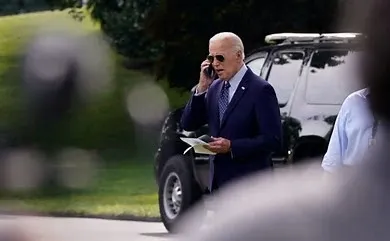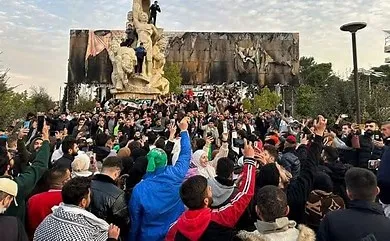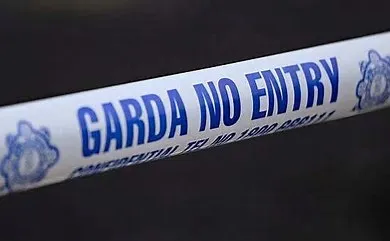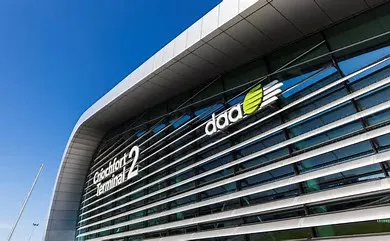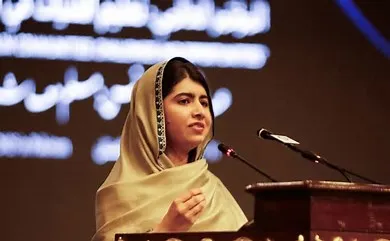Potholes on roads are a menace for every Mumbaikar – car drivers, bikers and pedestrians. Every year, the Brihanmumbai Municipal Corporation (BMC) claims to fill hundreds of potholes during monsoons, yet they seem to crop up the following season and continue to be a safety hazard. In addition to slowing down traffic, the poor quality of roads is also responsible for several accidents and even deaths. Earlier this year, in July, two deaths were reported within two weeks due to accidents caused by potholes. These daunting numbers call for immediate attention.
To address the issue, the Chief Minister of Maharashtra Eknath Shinde recently re-invited bids to concretise 400 km of roads in Mumbai. The government plans to invest Rs 6,078 crore over the next two and a half years to make the city pothole-free.
This initiative by the government is a step in the right direction. Involving large corporations and investing resources can help improve the quality of roads in Mumbai. However, is concretising the roads enough? Perhaps we can invest the same capital to get higher returns – a better and more livable city, and design can help.
Good design improves functionality and experience without increasing the project’s cost.
For instance, a well-designed car will be more robust. Two homes might cost the same, but the better-designed home will create a better experience, serve its occupants better, and will be cost-efficient in the long run. Good design makes our lives easier and better – from a toothbrush to our cities.
Well-designed roads are safe, sustainable, inclusive and offer a pleasant experience to all users. Instead of merely concretising roads, planning authorities, architects, and urban planning experts must come together to design and build better road infrastructure.
According to a report by Mumbai Vikas Samiti, nearly 1.5 crore people in Mumbai walk to work. The report states that nearly 60% of people who commute daily to work prefer walking to their workplace, especially to and from railway stations. Car ownership in Mumbai continues to be the lowest amongst the tier 1 cities of India. Ironically, most roads in Mumbai are designed only for vehicular traffic, especially four-wheelers – leaving little room for pedestrians, cyclists and other services.
From an urban planning perspective, the ‘Complete Streets’ approach can help plan and design roads that enable safe use and support mobility for all users, including people of all ages and abilities, regardless of their mode of transport. Mumbai’s roads need to be re-designed for better traffic management while providing a safe space for pedestrians, cyclists and utilities.
The authorities must also plan for bus bays and bus stops, service lanes, and organised parking. Planned and well-designed roads that make provisions for stormwater drains and trenches can help address issues such as waterlogging and floods to a certain degree as well – which is essential in a city that floods almost every year. Conduits and manholes that are planned well can help reduce significant maintenance costs.
Empathy is often at the heart of good design. Seemingly small design interventions such as providing benches, street lights and trash cans can create a better experience for pedestrians – making the city kinder and more inclusive.
While road accidents and traffic are pertinent issues in Mumbai and need to be addressed urgently, we cannot overlook other aspects of roads. Investing capital as large as Rs 6,078 crore, authorities should design and build roads that consider the needs of all users. If designed and executed well, this initiative will not only improve 400 km of roads but also reduce traffic, pollution and the risk of road accidents. We must use this opportunity to leverage design and urban planning principles to make our city better, safer and more sustainable.
Rahul Kadri, Partner and Principal Architect at IMK Architects. He is an expert on Urban Development and Policy Making, Public Transport systems, Housing and Slum Redevelopment.

